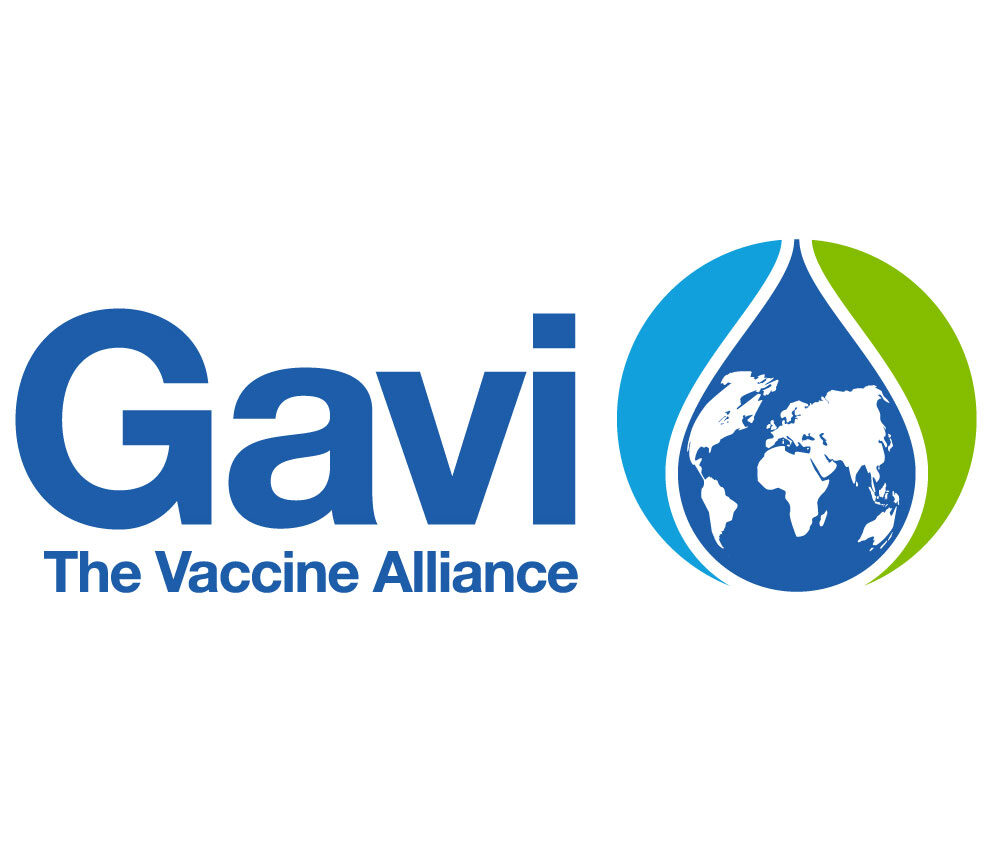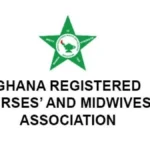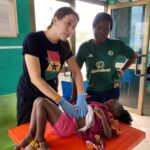Ghana’s Ministry of Health has reaffirmed its commitment to strengthening immunization programmes and ensuring equitable access to life-saving vaccines through an expanded partnership with the Global Alliance for Vaccines and Immunization (GAVI). At a media briefing in Accra, Health Minister Kwabena Mintah Akandoh joined representatives from GAVI, the World Health Organization (WHO), UNICEF, and the World Bank to outline a shared vision for protecting every child and securing sustainable health and immunization financing for the country.
In his opening remarks, Minister Akandoh expressed deep appreciation for GAVI’s continued support, particularly in reaching underserved communities where access to essential health services remains a challenge. He stressed that the government’s focus is not only on increasing vaccination coverage but also on improving cold chain infrastructure and removing barriers that prevent families from accessing immunization services. “We are unwavering in our commitment to ensuring that no child is left behind,” he said, framing the initiative as a critical step toward achieving universal primary healthcare.
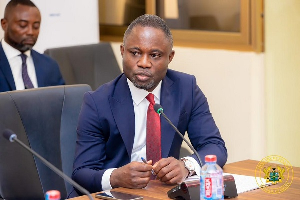

GAVI’s Chief Executive Officer, Dr. Sania Nishtar, delivered a joint statement with the Ministry of Health, underscoring the alliance’s role in vaccine financing, local and regional manufacturing, and the provision of essential health commodities. She emphasised that these efforts are “vital for public health and national development” and called for global solidarity in sustaining them. “We agree to support and advocate for the full replenishment of GAVI’s next strategic period, which will be critical to ensure continued support and partnership to save children’s lives in Ghana and across Africa,” Dr. Nishtar stated.
The partnership’s scope extends beyond vaccine procurement to include systemic improvements in Ghana’s healthcare delivery. This includes bolstering cold chain systems to maintain vaccine potency, expanding outreach to remote areas, and integrating immunization services into broader primary healthcare frameworks. Dr. Nishtar noted that all partners involved—GAVI, WHO, UNICEF, the World Bank, and the Ministry—will work together to “sustain, support, and safeguard the country’s progress toward achieving free, universal primary healthcare”.
The renewed collaboration comes at a time when global health agencies are urging countries to maintain momentum in immunization coverage following disruptions caused by the COVID-19 pandemic. For Ghana, the stakes are high: while vaccination rates for diseases such as measles and polio remain relatively strong, gaps persist in hard-to-reach communities, and emerging health threats require agile, well-resourced responses.
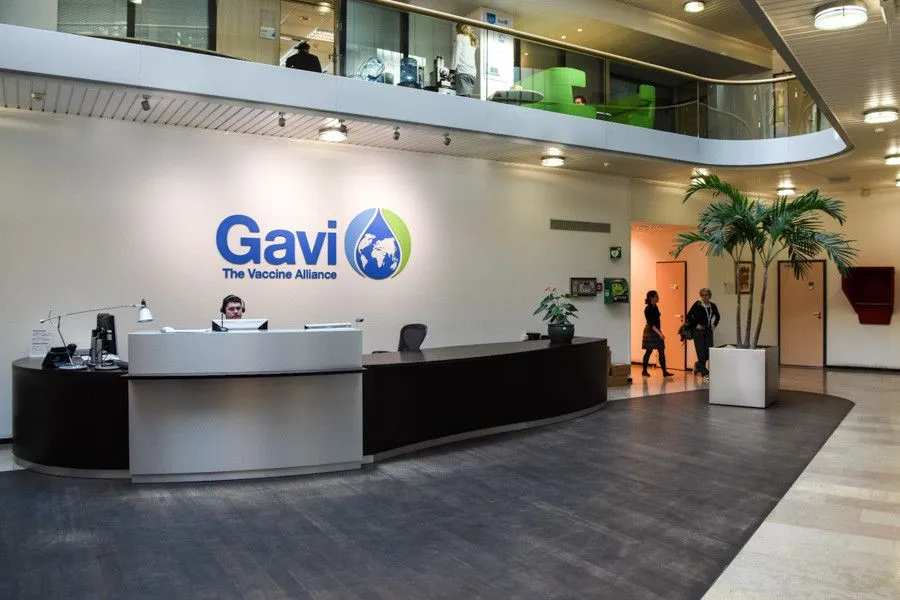
Lorem ipsum dolor sit amet, consectetur adipiscing elit. Ut elit tellus, luctus nec ullamcorper mattis, pulvinar dapibus leo.By aligning national priorities with GAVI’s strategic objectives, Ghana aims to secure both the financial and technical resources needed to close these gaps. The emphasis on local and regional vaccine manufacturing
also reflects a broader African agenda to reduce dependency on external supply chains and strengthen health sovereignty. As the Ministry of Health and its partners move forward, the success of this initiative will hinge on sustained political will, community engagement, and the ability to adapt strategies to evolving health challenges. For now, the message from both Ghanaian authorities and their international partners is clear: immunization remains one of the most cost-effective and impactful public health interventions, and expanding its reach is essential to safeguarding the nation’s future.
Source: Ghana partners with GAVI to boost immunization, expand access to vaccines nationwide

